If you are as long in the business as I am (I really don't wanna say if you are as old as I am) then you will probably remember MSX. MSX was the name of a standardized home computer architecture, announced by Microsoft in June, 1983. And yes, MSX turned 30 today. Believe it or not, the computer was inspired by the success of VHS as a standard for video cassette recorders, the MSX standard was a proposal single industry standard for home computers. Trying to create something the PC later became. The processor of the MSX 1 was a Zilog Z80A running at 3,579 MHz (8-bit). Oh yeah and it had 8KB of RAM, hah !
The MSX home computer architecture standard was conceived by ASCII Microsoft executive Kazuhiko Nishi. That's right! For three decades now we have been able to enjoy this 8bit computer - a first attempt to introduce some form of standard in the world of home/microcomputers. Produced by large consumer electronic brands as Sony, Philips, Panasonic, Yamaha and Daewoo; supported by a massive software library created by game developers such as Konami, Falcom, Compile, Hudson and MicroCabin the MSX might not have become the dominating computer standard it was intended to be, but it certainly earned its place in the Annals of computer history.
Not only did MSX give birth to game franchises such as Metal Gear and Bomberman, its open standard and such concepts as a separate Video Display Processor or design moving towards what we nowadays call System on a Chip are true examples how (the vision behind) MSX paved the way for modern day computers and game consoles.
But perhaps the true legacy of MSX is not its commercial success or failure, nor its revolutionary ideas on standardization, hardware design or home automation. It's we, the scene, the community: a dedicated group of active hobbyists that keep our MSX platform alive for more than 30 years now, by releasing new software and hardware, sharing documentation, developing emulators, organizing events, spreading news or simply just by enjoying new or old MSX software.
An overview of the MSX specs and models back then:
MSX
- Processor: Zilog Z80A 3,579 MHz (8-bit)
- ROM: 32 KB
- RAM: 8 KB minimum (Most machines provided 64K.)
- Video Display Processor: Texas Instruments TMS-9918/TMS-9928/TMS-9929
- Video RAM: 16 KB (Maximum resolution: 256×192 pixels with 16 colors)
- Sound chip: General Instrument AY-3-8910 (PSG)
- Connector for tape/data recorder.
- A Centronics interface (interface for connecting printers and other parallel devices)
- At least one joystick/mouse/paddle/trackball/graphic tablet connector. (Most computers have two.)
- At least one expansion port.
- A keyboard with At least 70 keys (including five function keys with ten programmable functions and four arrow keys).
MSX2 (only changed to MSX listed)
- ROM: 48 KB
- RAM: 64 KB minimum
- Video Display Processor: Yamaha V9938
- Video RAM: At least 64kB (usually 128kB)
- Sound chip: Yamaha YM2149 (PSG)
- Clock chip: Ricoh RP5C01 (or compatible)
- A 3.5" Floppy disk drive was common
MSX2+ (Only released in Japan)
- Processor: Zilog Z80 compatible running at 3.58 MHz or more (5.37 MHz versions were available)
- ROM: 64 KB
- RAM: At least 64 KB
- Video Display Processor: Yamaha V9958
- Sound chip: Yamaha YM2149 (PSG)
- Optional sound chip: Yamaha YM2413 (OPLL) (MSX-Music)
- Clock chip: RP5C01
- 3.5" Floppy disk drive was very common
MSX turbo R (Only two machines were made and they were only released in Japan)
- Processor: R800 (7.16 MHz) and Zilog Z80A compatible
- ROM: 96 KB
- RAM: 256 KB (FS-A1ST) or 512 KB (FS-A1GT)
- Video Display Processor: Yamaha V9958
- Sound chip: Yamaha YM2413 (OPLL) (MSX-Music)
- Sound chip: PCM synthesizer 8-bit (sample rate 16kHz)
- Sound chip: MIDI in/out (FS-A1GT only)
- 3.5" double sided double density (720kB) disk drive
So ... out of curiousity how many of you can remember the MSX computers ? BTW click 'n check some thumbnails to get a trip down memory lane. Oh and one last fun fact, the specs of MSX are so low for today's age that you will find much faster running MSX emulators for Android on your smartphone. Have a trip back in the past here LOL
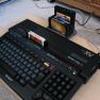

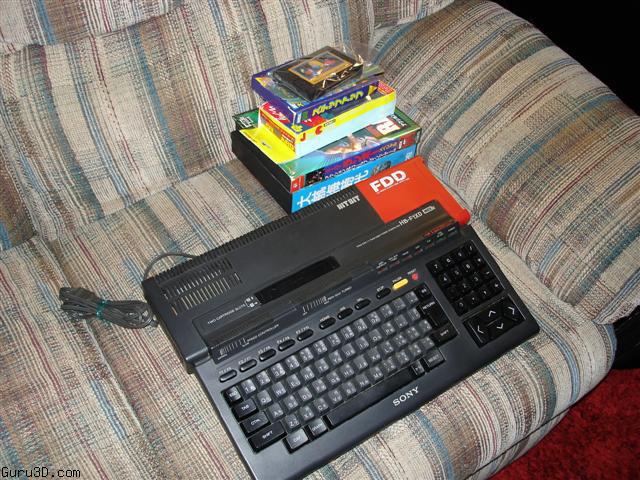
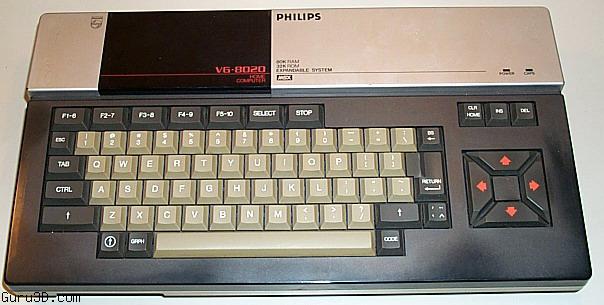
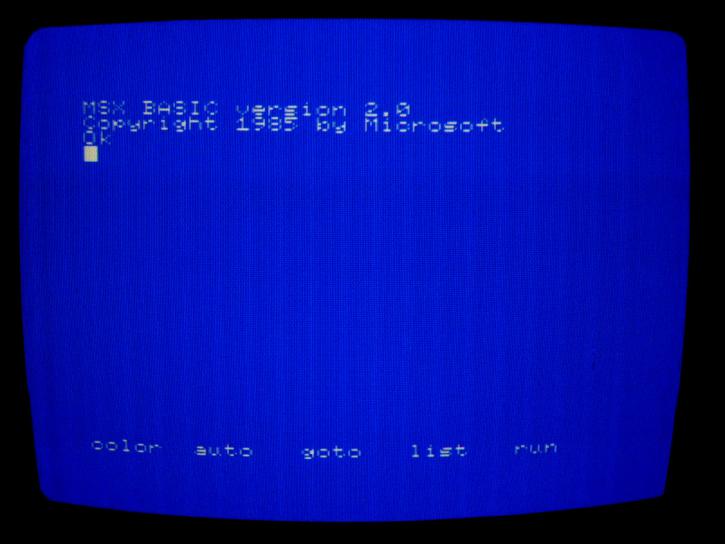
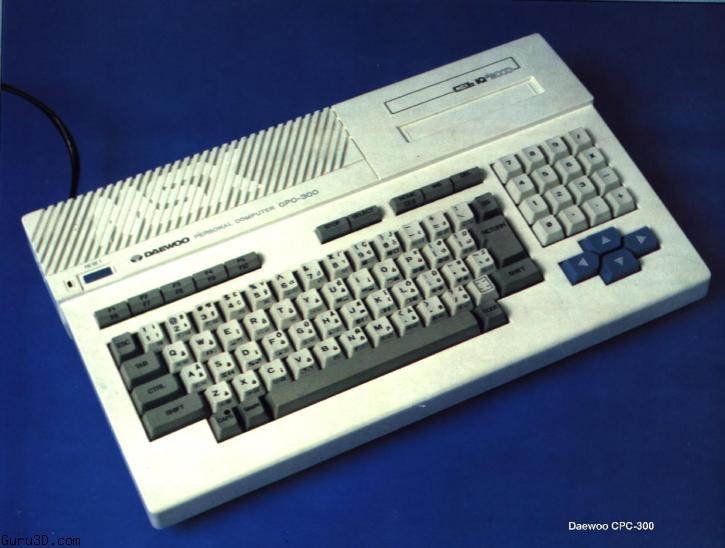
.gif)
